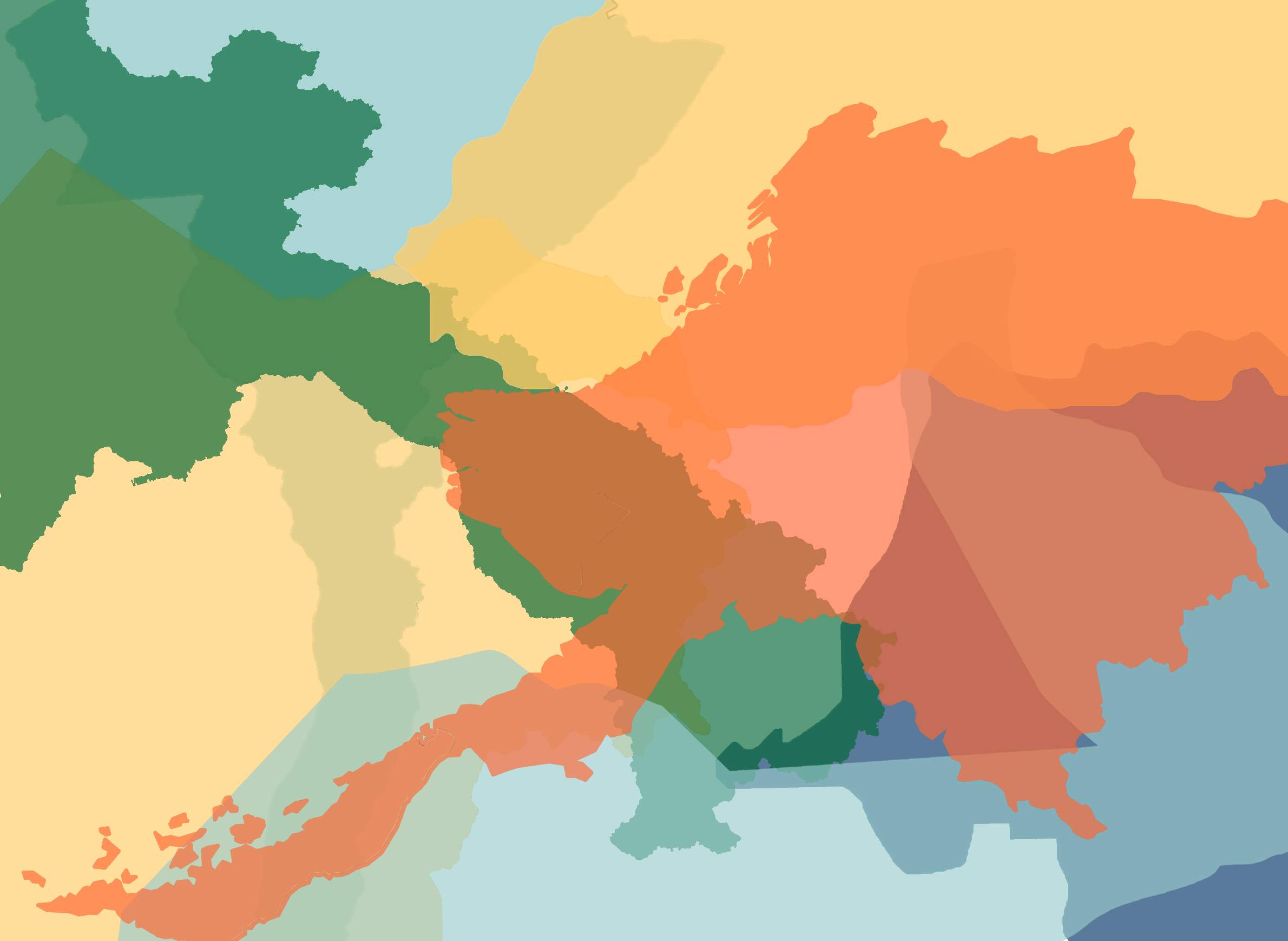
Illustration by Scott Gordon; images via Wikimedia Commons (public domain)
Series: Refugee Resettlement In Wisconsin
Fleeing conflict and persecution around the world, refugees are a small but significant part of Wisconsin's population. While it's not the biggest destination for resettlement in the United States, the state is home to thousands of people who arrived as refugees from several dozen countries. A Hmong community took root across Wisconsin in the 1970s, and a small Somali community settled in rural Barron County in the 1990s, but large numbers of refugees from countries including Burma, Iraq and the Democratic Republic of the Congo have arrived in the 21st century. People seeking refugee status in the U.S. — which is distinct from other kinds of immigration — have gone through an extensive vetting process, but a rise of xenophobia and new federal policies threaten to make their position more uncertain.